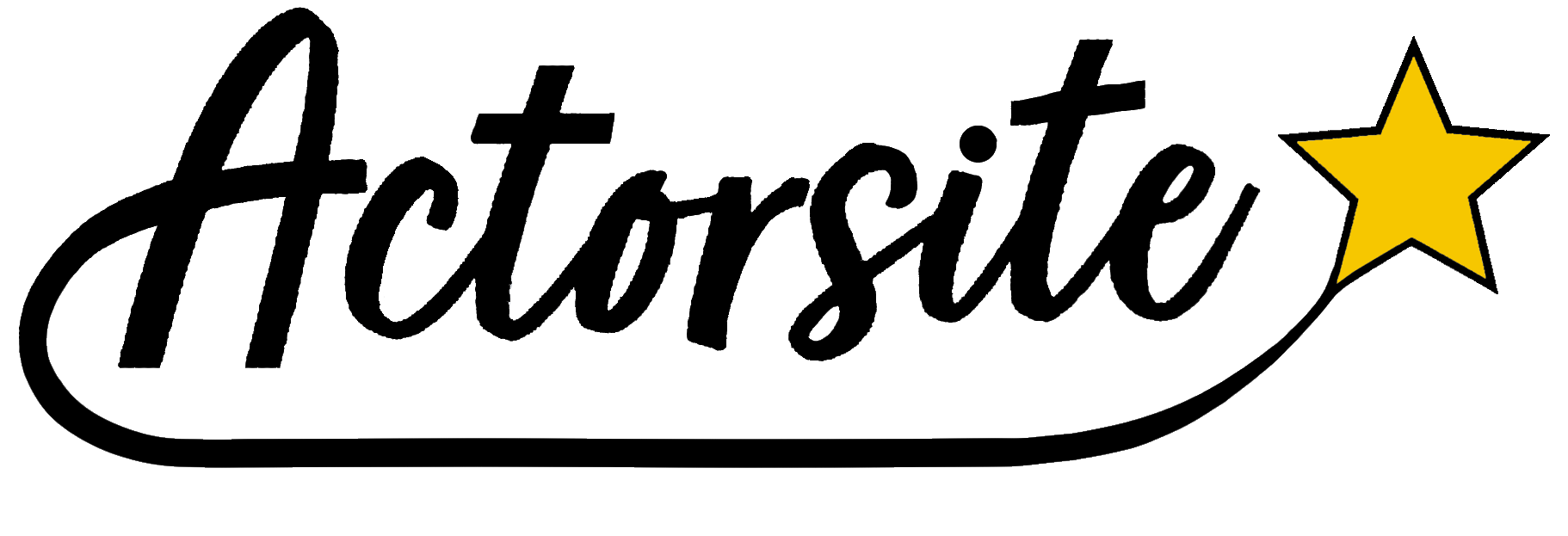Be in the Moment
What It Really Means to “Be in the Moment” as an Actor
We’ve all heard the phrase “Be in the moment.” It’s one of the most repeated pieces of acting advice—but what does it actually mean? More importantly, how do you do it?
Being in the moment isn’t about being perfect. It’s about being present. Fully awake, fully alive, and fully available to what’s happening right now in the scene, in your body, and in your scene partner. When you’re truly present, your responses feel real—because they are.
But here’s the tricky part: it’s easy to say you want to be in the moment. It’s a lot harder to actually let go of control and trust that your preparation, instincts, and connection are enough. Let’s break down what being in the moment really looks like in action—and how you can train it.
🎯 What Being "In the Moment" Looks Like in Acting
✅ You’re Listening, Not Planning.
Instead of mentally rehearsing your next line or action, your focus is on your scene partner. You’re truly hearing them, letting their words land emotionally, and allowing your body to respond without forcing anything.
✅ You’re Letting Go of Results.
You’re not performing for approval or trying to “get it right.” You’re playing the truth of the moment as it unfolds—messy, unexpected, emotional, awkward, or still.
✅ You’re Physically Grounded.
Your breath is steady, your feet are planted, and your awareness is centered. You’re not fidgeting or mentally elsewhere. Your body knows what’s happening.
✅ Your Emotions Are Fresh.
Even if it’s the tenth take or rehearsal, you’re finding something new because you’re staying open to surprise. You’re not recreating an emotion—you’re experiencing it.
✅ You’re Reacting Honestly.
You’re not “performing” a response. You’re having a real, human reaction to what’s going on in the scene—even if that reaction is silence, confusion, or discomfort.
🧠 Why It’s So Hard to Stay Present (and What Gets in the Way)
Actors are under pressure. You want to impress. You want to be good. You want to get it right. But those desires often pull your attention away from the moment.
Common traps that take you out of presence:
Thinking about your lines instead of listening
Trying to look a certain way on camera
Over-preparing your reactions
Focusing on external results (booking, praise, feedback)
Trying to recreate a previous “good” performance
The moment you leave the truth of what’s happening in the scene and jump into performance mode, your authenticity starts to fade.
Sometimes, actors will even rush scenes to “get through it,” skipping over the messy but meaningful emotional beats. But when you’re really in the moment, you’re not rushing to the end of a scene—you’re living inside it. Beat by beat. Breath by breath.
🧩 Why Presence Feels Risky—And Why That’s a Good Thing
Being present means you don’t know what will happen next. And for many actors, that feels scary. We’re taught to prepare, plan, perfect. But real life doesn’t run on scripts—and neither do the best performances.
In the moment, you might:
Forget your next line (and recover honestly)
Laugh unexpectedly
Cry when you weren’t planning to
Say a line with totally new intention
Let go of an idea you loved because something more truthful appeared
These are not mistakes—they’re discoveries. And discovery is where the real magic happens. Presence feels risky because you’re not manufacturing emotion—you’re experiencing it. And that’s what makes your work feel authentic, not forced.
🧪 Try This Exercise: The "Reaction Reset"
This quick exercise builds your ability to stay present and react honestly:
Step 1: Grab a short scene or monologue—just a few lines.
Step 2: Read it with a partner, or out loud by yourself.
Step 3: After each line, take a 3-second pause. In that pause, check in:
What did I just hear?
How does it make me feel?
What do I want to do now?
Step 4: Say your next line as a reaction, not a recitation.
This extra pause creates space for emotional life to surface naturally. Try it several times, and see how your delivery shifts from “reciting lines” to “living the moment.”
🛠 Pro Tip: Prepare First, Then Let Go
Being present doesn’t mean winging it. In fact, the more prepared you are—knowing your lines, understanding your character, doing your emotional homework—the more freedom you have to actually let go and be in the moment.
Preparation gives you the confidence to surrender. Think of it like training for a sport. You build muscle memory in practice, so when it’s game time, you don’t have to think—you just do. Acting works the same way. The stronger your foundation, the easier it becomes to let go of control and stay present.
🎬 Presence on Camera vs. Stage
While being present is crucial in any acting medium, the camera is especially unforgiving when you check out—even for a second. A single blink that says, “I’m thinking about my next line” reads instantly. On stage, there’s more room to breathe and redirect focus, but on camera, presence isn’t optional—it’s everything.
If you want to book TV and film on-camera roles, being able to show up fully present, even in a tight close-up, is a skill that sets you apart. It’s not about “acting” every beat—it’s about living them.
🌟 Final Thoughts
“Being in the moment” is one of the most powerful tools in an actor’s toolbox—not because it’s flashy, but because it’s real. The camera can tell the difference. Audiences can feel the difference. And casting directors notice when your work doesn’t feel rehearsed, but lived.
So stop chasing “perfect.” Start chasing truth. And remember: every great performance starts with a moment of real presence.
